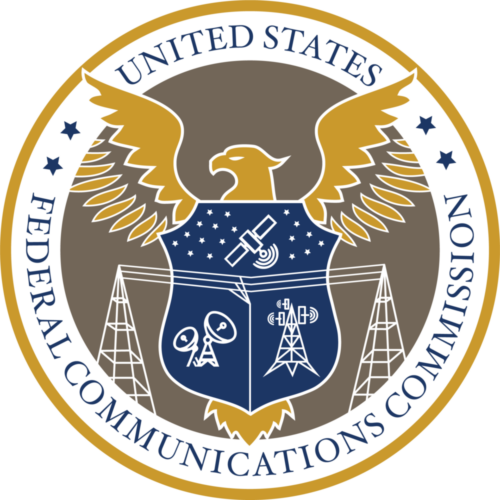
The FCC is telling AM and FM radio licensees to hold their 2024 regulatory fee payments as erroneous population counts have placed some stations in incorrect fee categories. The notice was posted on the FCC’s Commission Registration System, or CORES, on Friday.
The statement reads, “The FCC is continuing to do its due diligence to reevaluate the population count information for AM and FM broadcasters for FY 2024 regulatory fees. We expect to have this situation resolved early next week. In the meantime, we request that AM and FM broadcasters do not make any payments in CORES. Thank you for your patience.”
The issue started after some broadcasters had noticed higher fees displayed in the CORES system than expected, despite the FCC announcing lower fees for 2024. Initial explanations pointed to a data download issue, but discrepancies persisted. Despite the freeze, the deadline for paying annual fees for Fiscal Year 2024 remains September 26.
The FCC confirmed its annual regulatory fee schedule last week, reducing fees for radio broadcasters in fiscal year 2024. The agency aims to collect $390.192 million, as detailed in a 149-page Report and Order.
For FY 2024, radio broadcasters will save between $100 to approximately $1,000, depending on market size. AM Radio Construction Permits are priced at $585 each, while FM Radio Construction Permits cost $1,025. Fees for FM Translators and FM Boosters are set at $245.
Another change coming that broadcasters may not be as fond of is the FCC’s decision to end the “dark station presumption” policy, which previously allowed off-air or recently bankrupt stations to automatically qualify for fee waivers due to presumed financial hardship. This policy will be eliminated starting in FY 2025.
Under the former policy, silent stations were assumed to lack revenue, making it difficult to pay fees and potentially hindering their return to operation. The FCC argues that many of these stations now have access to other financial resources, making the presumption outdated.
The elimination of this policy signals a shift toward stricter scrutiny of fee waiver requests and financial assessments beginning in FY 2025.






